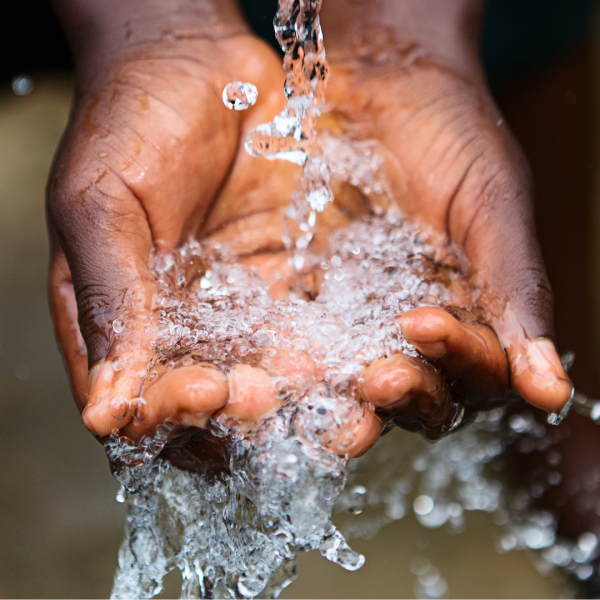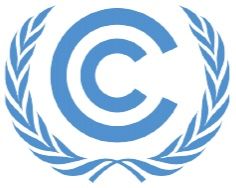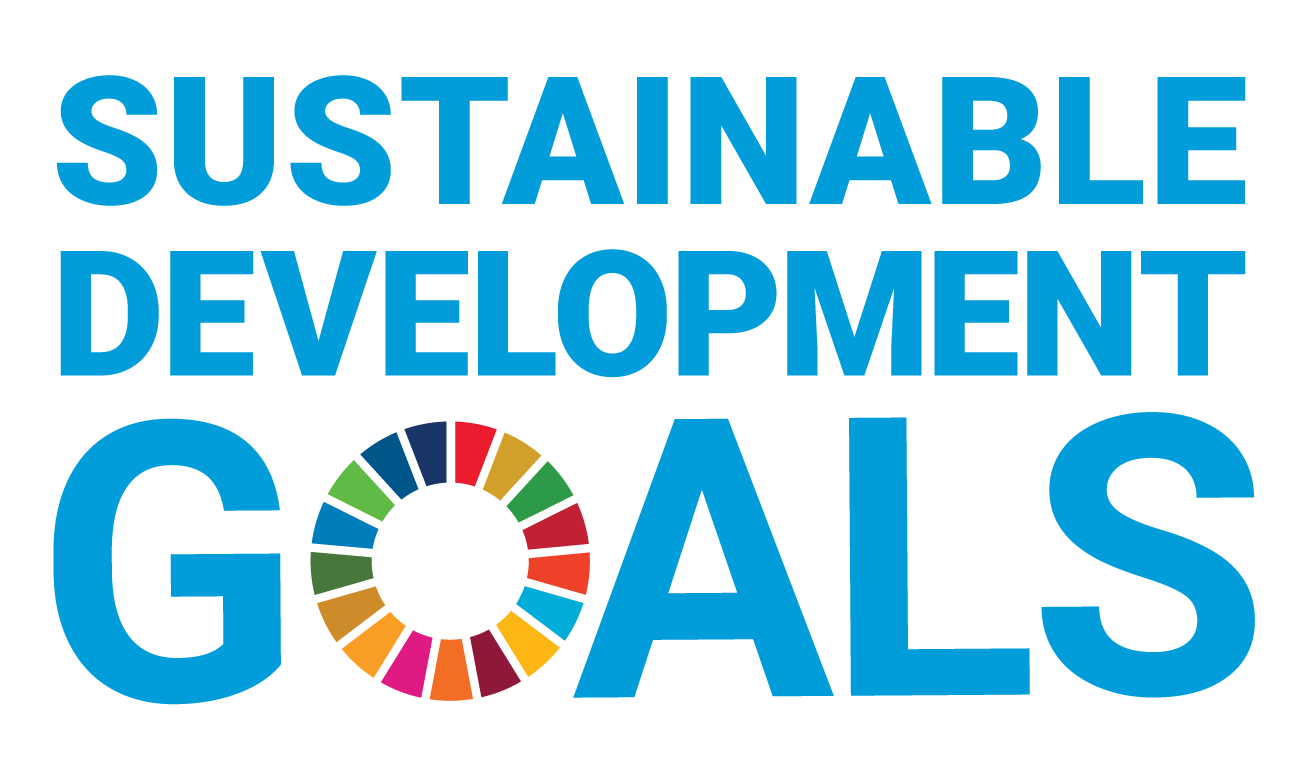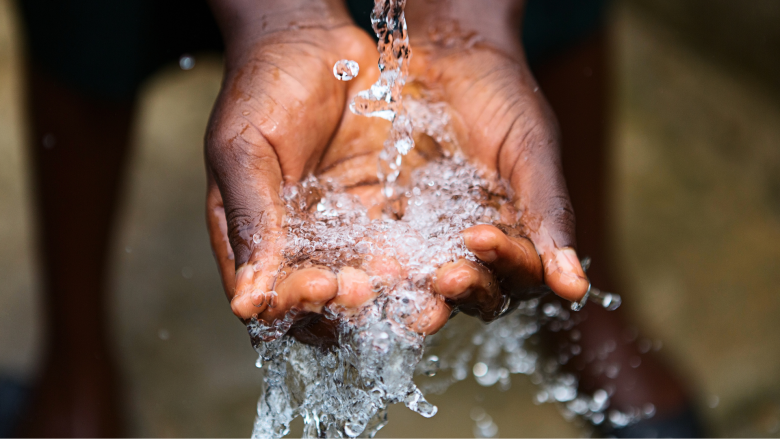Melden Sie sich
- Über uns
- Unsere Lösungen
- Unser Impact
- Events und News
- Karriere
- Verwalten Sie jetzt Ihre Emissionen (auf Englisch)
Über uns
Alle ansehen


- Über uns Über uns
- Unsere Mission
- Unser Führungsteam
- Büros
- Unser Bekenntnis zu Integrität

Unser Bekenntnis zu Integrität
Starten Sie jetzt Ihre Climate Journey
Weiterlesen
- Über uns Unsere Lösungen
- Ihre Climate Journey
- Entdecken Sie unsere Projekte

Unser Bekenntnis zu Integrität
Starten Sie jetzt Ihre Climate Journey
Weiterlesen
- Über uns Unser Impact
- Kunden
- Entdecken Sie unsere Projekte

Unser Bekenntnis zu Integrität
Starten Sie jetzt Ihre Climate Journey
Weiterlesen

Unser Bekenntnis zu Integrität
Starten Sie jetzt Ihre Climate Journey
Weiterlesen
Unsere Lösungen
Alle ansehen


- Unsere Lösungen Ihre Climate Journey
- Klimarisiken und CO2-Fußabdruck messen
- Ziele und Strategien entwickeln
- Fußabdruck reduzieren

Klimaschutz finanzieren und CO2-Zertifikate kaufen
Net Zero - Jetzt zukunftsorientiert handeln
Mehr erfahren

Klimaschutz finanzieren und CO2-Zertifikate kaufen
Net Zero - Jetzt zukunftsorientiert handeln
Mehr erfahren
Unser Impact
Alle ansehen


- Unser Impact Kunden
- Driving net zero plastic to nature for Bentley
- Building a net zero roadmap for Nestlé
- Alles sehen

Nestlé
Starten Sie jetzt Ihre Climate Journey.
Weiterlesen
- Unser Impact Sektoren
- Firmenkunden
- Finanzsektor & Kapitalmärkte
- Öffentlicher Sektor
- Philanthropy Partnerships
- Alles sehen

Nestlé
Starten Sie jetzt Ihre Climate Journey.
Weiterlesen
- Unser Impact Entdecken Sie unsere Projekte
- Nature Based Solutions
- Community and Clean Water
- Renewable Energy
- Waste to Energy
- Plastic Solutions
- Alles sehen

Nestlé
Starten Sie jetzt Ihre Climate Journey.
Weiterlesen

Nestlé
Starten Sie jetzt Ihre Climate Journey.
Weiterlesen
Events und News
Alle ansehen



- Events und News Nachrichten
- Nachrichten
- Pressemitteilung

South Poles 2024 Net Zero Report

Catching up with Climate
Starten Sie jetzt Ihre Climate Journey.
Weiterlesen
- Events und News Events
- Zukünftige Events
- Vergangene Events

South Poles 2024 Net Zero Report

Catching up with Climate
Starten Sie jetzt Ihre Climate Journey.
Weiterlesen
- Events und News South Pole Blog
- Was ist CORSIA und wie wirkt es sich auf Ihre Fluggesellschaft aus?
- Eine neue Generation von Labels für eine zuverlässige Klimakommunikation
- Vorbereitung für CSRD
- Alles sehen

South Poles 2024 Net Zero Report

Catching up with Climate
Starten Sie jetzt Ihre Climate Journey.
Weiterlesen
- Events und News Publikationen
- Alle Downloads
- Alles sehen

South Poles 2024 Net Zero Report

Catching up with Climate
Starten Sie jetzt Ihre Climate Journey.
Weiterlesen

South Poles 2024 Net Zero Report

Catching up with Climate
Starten Sie jetzt Ihre Climate Journey.
Weiterlesen
Über uns
Unsere Lösungen
Unser Impact
Events und News

Unser Bekenntnis zu Integrität

Klimaschutz finanzieren und CO2-Zertifikate kaufen

Nestlé

South Poles 2024 Net Zero Report

Catching up with Climate



